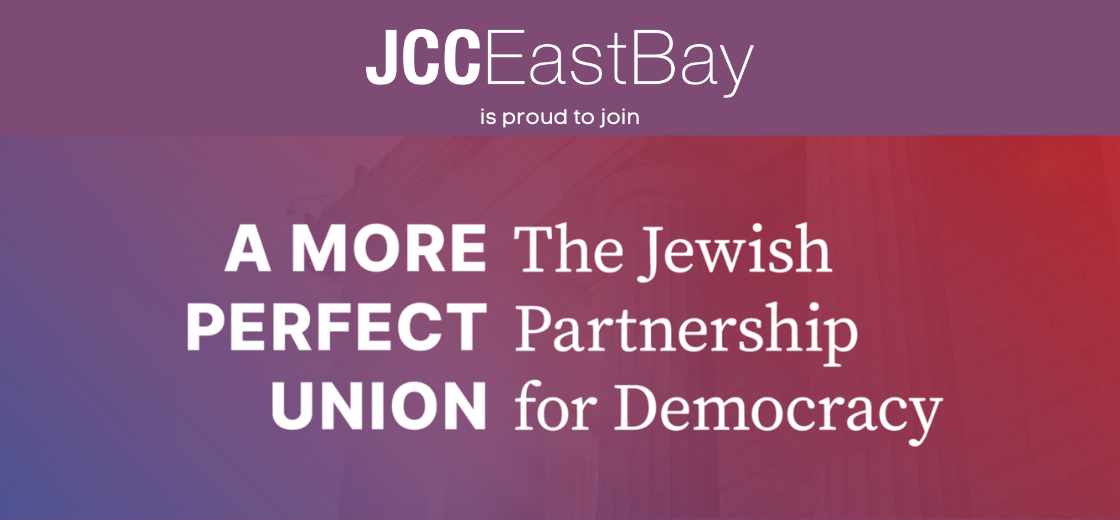
- This event has passed.
Election Day: Sign up to Help Protect the Upcoming Election

Election Day is November 8, 2022. The JCC East Bay is proud to be joining a Jewish community-wide effort to combat election misinformation. Election Protection is an impactful, nonpartisan way to ensure free, fair, safe, and accessible elections for everyone. Read more about the Jewish Partnership for Democracy here !
Read more about the different forms of election protection below and sign up here to get involved.
In-Person Poll Monitors (called “Field Monitors”)
In-person poll monitors (which they call “Field Monitors”) are deployed around the country to ensure all actors are playing by the rules. This can mean answering voter questions, documenting challenges to voter access, identifying polling place accessibility issues, reporting potentially threatening behavior, or other similar actions. Volunteers will be deployed in teams based on emerging needs at polling locations around the country during early voting and on Election Day. Virtual training is offered in advance. Shifts are typically 4 hours.
Staffing the Election Protection Voter Assistance Hotline
Operated by the Lawyers Committee for Civil Rights Under Law, the Election Protection hotline (also known as 866-OUR-VOTE) supports voters by providing on-demand access to legal professionals to answer questions, help navigate the voting process, and respond to reports of problems. This opportunity is available only to legal professionals.
Hotline volunteers are the first line of communication with voters experiencing an issue. Volunteers will answer voters’ questions on everything from their polling place’s address to figuring out if they’re eligible to vote to unusual or menacing activity at polling sites.
Social Media Monitoring
Operated by Common Cause, social media monitors help scan popular social media sites for mis- and dis-information related to the 2022 election and in some cases identify voters who are posting about problems voting in order to connect them to resources and support.
Monitors are assigned shifts during which they look exclusively for information related to election administration (voting, ballots, election workers, etc.) and do not track mis- or dis-information related to any specific political issues. Identified mis- and dis-information is added into a central database, which volunteers access during shifts, and is sometimes flagged for takedowns by social media platforms. No one is asked to enter unsafe spaces on the internet and volunteers are counseled on staying safe during these efforts.
